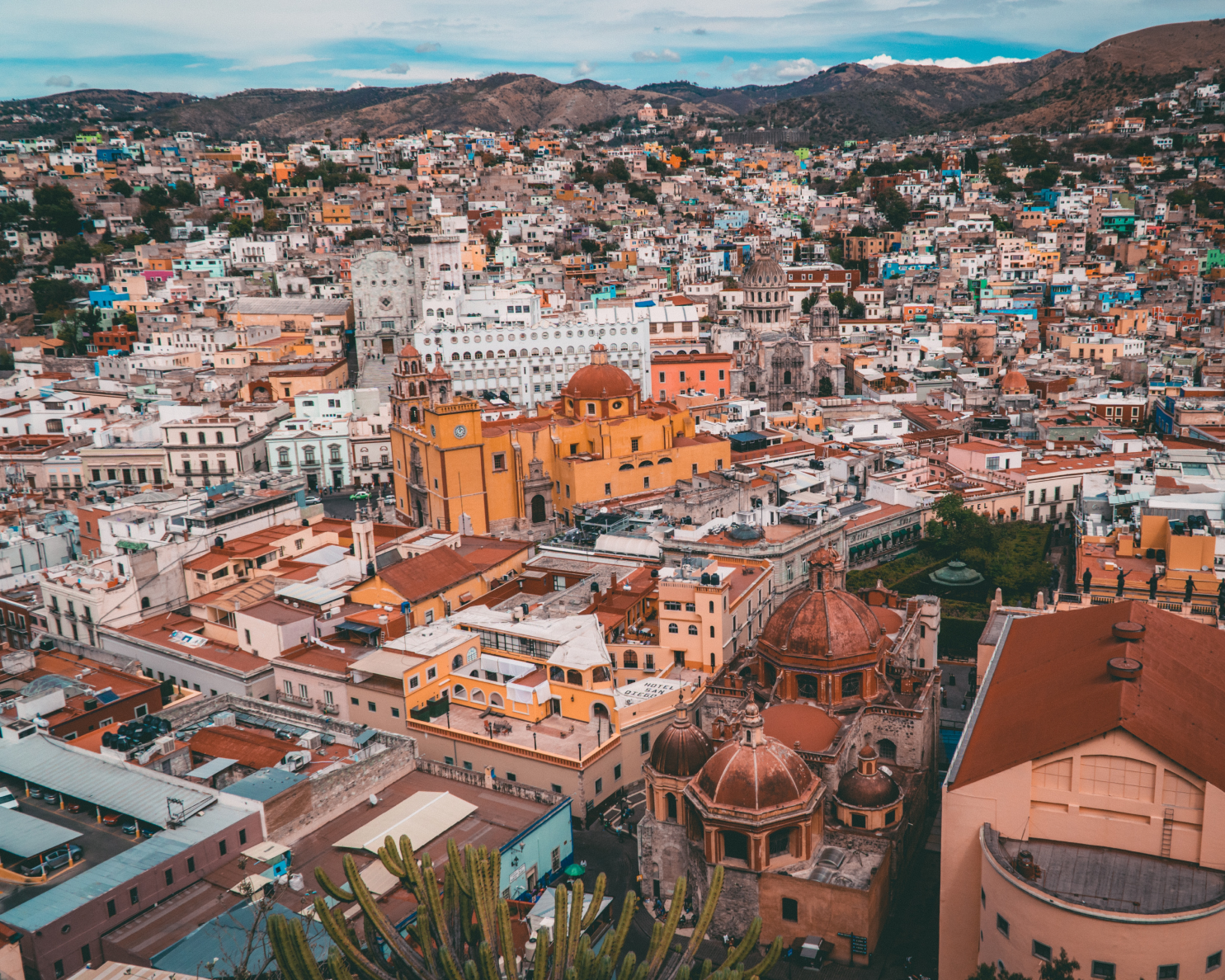Description
Mangroves can typically store four times more carbon than rainforests and are inexpensive – making them arguably the most efficient carbon sequestration technology in the world. They are also extremely effective in improving resilience to flooding. However, small-scale forestry community projects do not have reliable corporate and donor financing. GROVE: FSL crowdfunds capital for small-scale forestry projects, reduces monitoring costs through remote sensing and machine learning, and increases financial transparency and local community earnings through blockchain-backed smart contracts. First, a peer-to-peer platform connects local communities’ mangrove projects with corporate and individual funders eager to achieve carbon neutrality. Second, a blockchain ledger ensures complete transparency and efficient tracking of financial flows and facilitates impact reporting for project benefactors. Last, a combination of satellite remote sensing and machine learning expeditiously measures impact and significantly reduces costs related to third-party validation and verification. This can provide a cost-effective alternative to voluntary carbon market standards bodies such as Gold Standard, which typically absorb significant amounts of funding via monitoring and verification.
Location
India - multiple cities and rural areas
Region
South Asia
Instrument
Instrument category
Individual and community financing
Secondary instruments
Stand-alone voluntary payment for ecosystem service (PES) agreements between buyers and sellers
Project size (range)
USD 20-50M
Project size (details)
USD 38M
Implementer
Global Mangrove Trust (GMT)
Year of financial closure
Ongoing financing that is topped up by new donations from individuals and companies
Client
Conservation organizations and local communities: The conservation organizations list their projects on the GROVE website/app for crowdfunding. They are responsible for execution and conservation of the projects, in conjunction with local communities, providing them employment and skills training where necessary.
Primary financer
Individuals and corporate entities that are keen to achieve carbon neutrality for personal ambitions or as an institutional mandate.
Other co-financers
N/A
Other contributors
Zilliqa; Salo Labs
Other transaction participants
DBS Bank
Barriers addressed
Overcoming limited funding for small-scale projects: Local mangrove communities and conservation organizations rarely have access to funders, financial institutions and the carbon finance market. A peer-to-peer (P2P) platform such as GROVE that connects local communities with funding streams helps to resolve the issue.
Limited transparency of funding: Typically, it is not clear what proportion of funding goes towards conservation and what proportion is towards project administrative expenses, and how to evaluate the overall impact of funding. GROVE: FSL’s blockchain ledger ensures complete transparency and tracking of financial flow. Moreover, one can ensure pre-determined outcomes (such as distributing a fixed percentage of cash flows to local communities) through digital smart contracts facilitated by the platform.
Cost leakages in the carbon credit accreditation process reduce impact: In addition to the overall efforts required for carbon credits transaction, impact monitoring and verification of carbon credits involve significant ground-truthing and consultant expenses, resulting in substantial cost leakages. A combination of satellite remote sensing and machine learning can quickly and accurately measure impact and significantly reduce consultant costs related to third-party validation and verification.
Financing structure
Potential funders can go through projects listed on GROVE’s website and choose which mangrove project to fund. Funders are issued a GRO-Coin (a non-fungible digital token) signalling their stake in the project. GRO-Coins offer a more efficient, transparent mechanism to achieve this than Voluntary Carbon Units (VCUs). A portion of the garnered funds is released upfront for planting. At the same time, the rest will be kept in a conservation trust and released periodically to local community members as a conservation performance reward. FSL is the back-end tech stack that combines remote sensing and machine learning to monitor and track biomass growth.GROVE and FSL are inter-connected through a pre-programmed digital smart contract that ensures that local community members are financially rewarded for their conservation efforts. A more impactful assessment would result in higher reward payments. The revenue source for GROVE comes from a 10% admin fee of the crowdfunded amount, and for FSL, from fees for verification and project service, such as reports on baseline figures, biomass estimation, benefit-sharing contract set up etc. Through an escrow account, DBS Bank acts as the custodian of the crowdfunded amount, releasing funds upfront for planting and periodically for conservation efforts and endowment for local community members. Zilliqa is involved as a third-generation blockchain on which GROVE would operate. Zilliqa is designed on technology of sharing, which allows for low carrying and transaction costs. Salo Labs provides satellite imagery and environment mapping data that feeds into the FSL tech stack, which would assist in impact computation and iterative evolution of the solution’s machine learning algorithm for biomass assessment and carbon impact estimation.
Suitability for cities in low-and-middle income countries (detail)
Yes. This innovative approach is being trialled in a number of LMICs including India and Myanmar. It seems to be suitable for even very underdeveloped economies.
Weblinks
The Lab. (2020) GROVE: Forestry Smart Ledger (FSL)
References
Singh, D. et al. (2020) Grove: Forestry Smart Ledger (FSL). The Lab.
